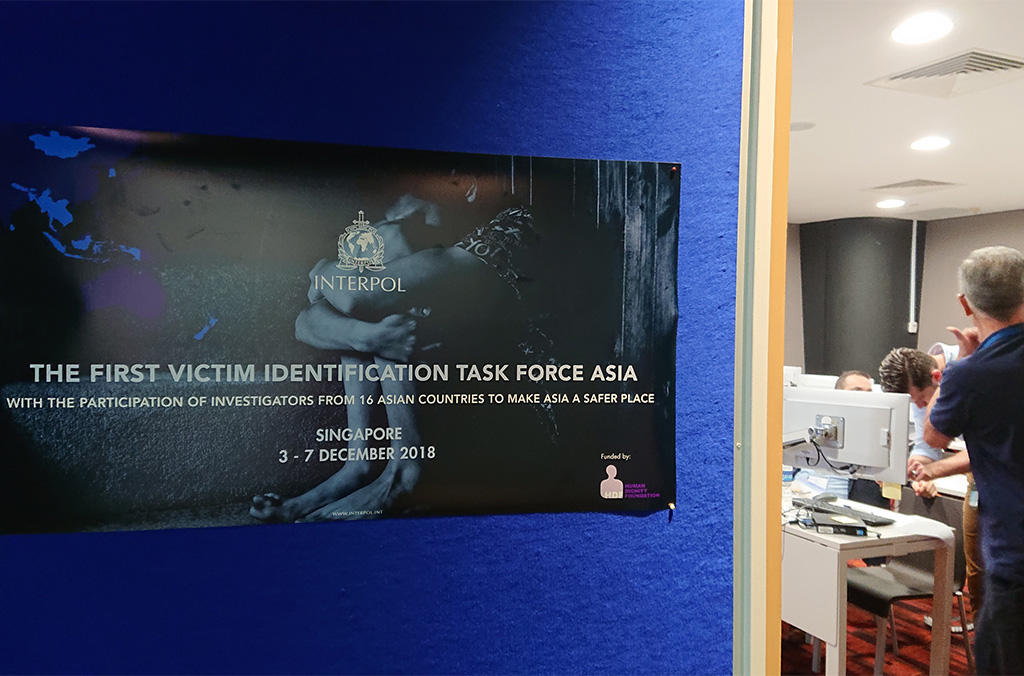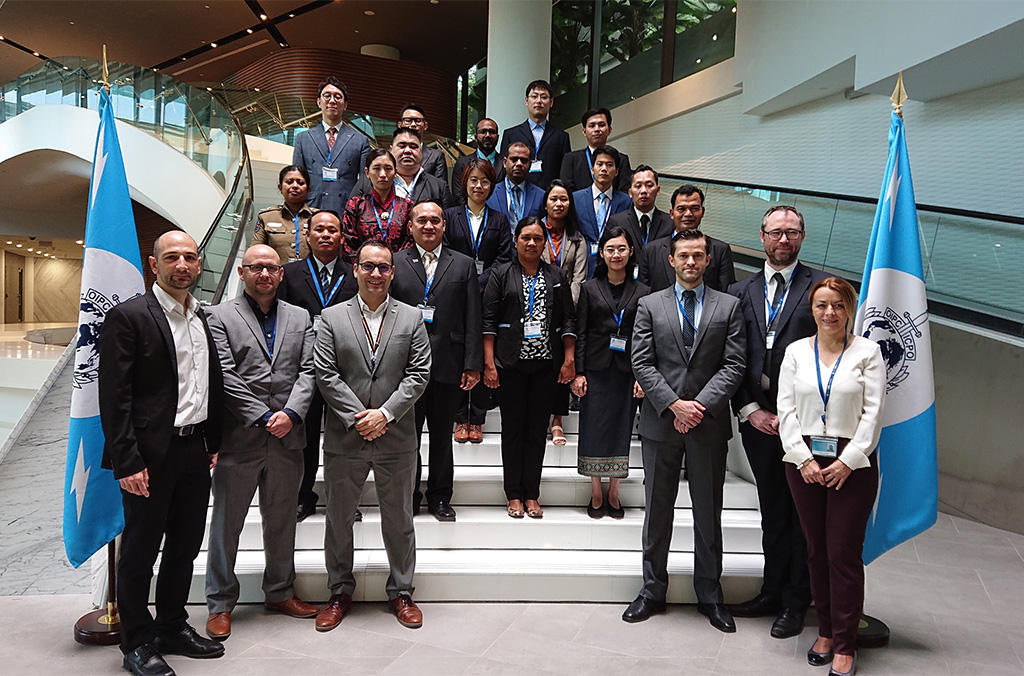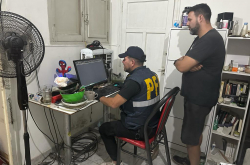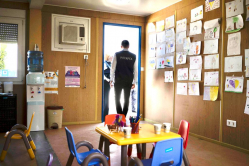SINGAPORE – An INTERPOL task force has identified 27 victims of child sexual abuse as part of a victim identification operational exercise.
In its first meeting in Asia, the INTERPOL Victim Identification Task Force gathered specialized officers from 17 countries to focus on images, videos and audio files depicting abuse believed to have taken place in Asia, or include Asian victims.
Held at the INTERPOL Global Complex for Innovation in Singapore, and assisted by two experts from New Zealand’s Department of Internal Affairs, the five-day event (3-7 December) included classroom sessions to boost victim identification capacity across the region. Participants were briefed on the full range of INTERPOL’s policing capabilities such as the International Child Sexual Exploitation (ICSE) database, as well as:
- the latest identification and image analysis techniques
- sources of child sexual exploitation material;
- digital crime scenes and handling large amounts of data;
- support to officers involved in child sexual abuse investigations.
To put theory into practice, participants shared and analysed intelligence on 130 series of images, representing 20 Gigabytes of child abuse material.
As a direct result of this collaboration, officers found that 27 of those series contained enough specific information for immediate police intervention. INTERPOL’s Crimes against Children unit is now providing support to member countries to help safeguard the children concerned.
Earlier this year, a six month-old baby was identified and removed from harm following an INTERPOL training course in Brazil, proving that working on ‘live’ cases not only makes course content more relevant, it can yield immediate results.
“These sessions are essential to breaking cases. Gathering specialized officers allows us to share intelligence, explore international connections more quickly and avoid duplication of effort. This is all the more important when the well-being of a child is at stake,” said INTERPOL Secretary General Jürgen Stock.
The INTERPOL Chief underlined how global policing capabilities can complement such efforts. The results of the task force meeting were recorded in INTERPOL’s ICSE database, which currently holds more than 1.5 million unique images and videos and has led to the identification of nearly 17,000 victims worldwide.
The task force meeting was funded by the Human Dignity Foundation.












